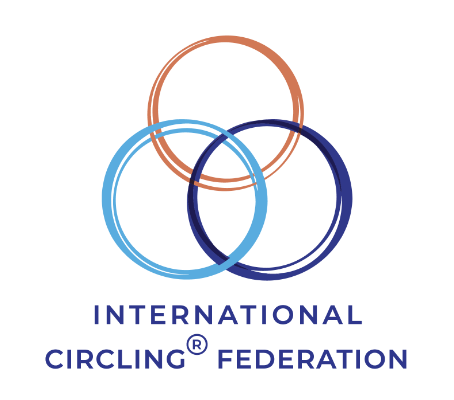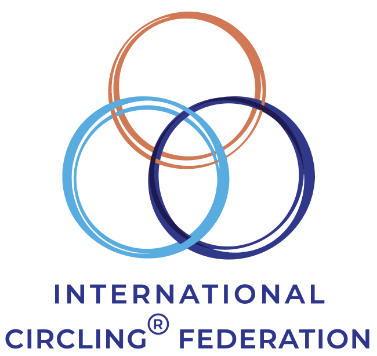We want the term “Circling” and what it represents to have the most potency to make a difference in how the world communicates, and hopefully be adopted into places like education, government, international relations and corporate culture.
When individuals with little training attempt to facilitate Circling, or teach/train others their arbitrarily altered versions and still call it Circling, then consumers and students – at best – receive a sub-standard experience and the reputation of Circling suffers greatly, along with its impact in the world.
Between the three schools there are hundreds of accounts of:
- People taking one or two 3-hour workshops, or merely experiencing Circling at a drop in event or festival, and then advertising that they are leading their own Circling workshops
- People coming to a few drop in events & turning around and offer “Circling” to large corporations for corporate culture training.
- People claiming they were emotionally abused by facilitators at an event that advertised itself as “Circling” but had no ties to any of the 3 Certified Circling Schools
In order to protect the public consumer and the legacy of Circling, we need to use the term “Circling” consistently and limit the use of the term to those who are actually using and teaching the authentic communication and relating tools taught by the Certified Circling Schools.
Although Circling practitioners now exist in many parts of the world, the term Circling is still mostly unknown in mainstream society. But it’s growing. So, the time to protect and manage its meaning is now. Otherwise it will become meaningless.
Please note: even if you are not officially certified by one of the three schools, we are NOT limiting the teaching of all the various skills and tools you have developed. You can still offer your sessions, events, and even trainings… you simply need to call it something other than Circling. Many such individuals have already made the shift to referring to their practices as Authentic Relating or Conscious Communication. Others have shifted to giving their work its own unique name and stating that it is “inspired by Circling”
Consider this example from the field of real estate sales – many people get to advertise themselves as real estate brokers or sales agents. But only those meeting a particular set of standards and training may call themselves “Realtors.” They both can function in the business, but there is a distinction in the field between the term Realtor and the other terms for people who sell real estate. That distinction was created to protect both the consumers, and the individuals who invested the resources in the added training and certification.
This trademark creates a similar distinction in the field of authentic communication & relating.
If you are not currently a Certified graduate from one of the three schools and want to use the term Circling, your options are:
- The Circling Institute is the only school currently accredited to train & certify new circlers. Take their training and get certified & licensed. (They have generously offered to pro-rate their trainings for people who have been practicing in the field without formal training. Reach out to them personally to discuss the opportunity)
- Continue doing what you do – but simply drop the term Circling from its name/title. It’s still acceptable to say your work is informed by or based on Circling, as you might with Integral theory, NVC, and whatever else you include in your training or coaching. But, in order to formally call your work Circling you must become certified & licensed.
The trademark does not stop anyone from continuing to do the work they have been doing in the world. It does not stop you from utilizing any of the skills or tools you have acquired from participating in Circling trainings or workshops. It merely regulates the use of the term Circling in the world in order to preserve its distinctiveness & meaning, insure the potential effectiveness & influence of Circling for the long term future, maintain a standard, and provide clear & accurate information to future consumers.

